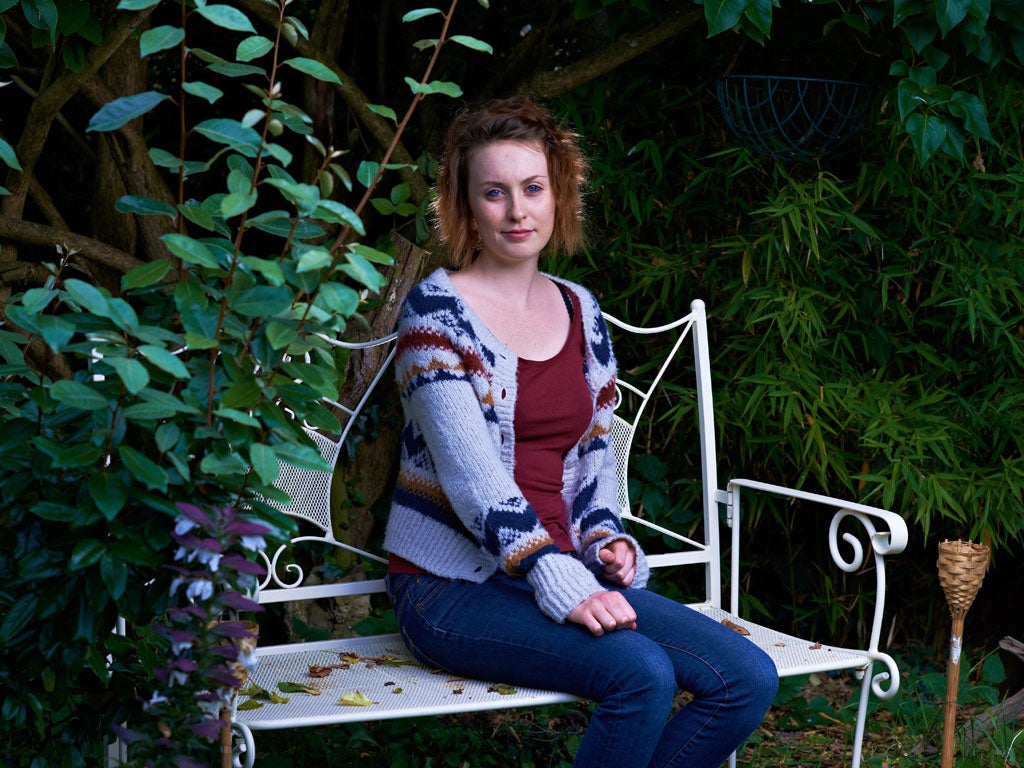Asexuals – the fourth sexual orientation
Around 1 per cent of the world's population is reckoned to feel no sexual attraction at all

Your support helps us to tell the story
From reproductive rights to climate change to Big Tech, The Independent is on the ground when the story is developing. Whether it's investigating the financials of Elon Musk's pro-Trump PAC or producing our latest documentary, 'The A Word', which shines a light on the American women fighting for reproductive rights, we know how important it is to parse out the facts from the messaging.
At such a critical moment in US history, we need reporters on the ground. Your donation allows us to keep sending journalists to speak to both sides of the story.
The Independent is trusted by Americans across the entire political spectrum. And unlike many other quality news outlets, we choose not to lock Americans out of our reporting and analysis with paywalls. We believe quality journalism should be available to everyone, paid for by those who can afford it.
Your support makes all the difference.From playground chatter to high-street billboards; from magazines, newspapers and television to the subject of junk emails in our inboxes, sex is common currency. But a small, often misunderstood, sometimes disbelieved minority of the population is almost totally overlooked: they feel absolutely no sexual attraction to other people.
A book published in the UK next month claims such men and women, an estimated 1 per cent of the population, should be recognised as a fourth sexual orientation – asexuals.
Professor Anthony Bogaert's book, Understanding Asexuality, argues that a growing number of people consider themselves asexual. He believes asexual people are "an under-studied population" who can feel excluded from our "very sexualised culture". He said our society, "can place expectations on both sexual and asexual people, but particularly asexual people".
Joshua Hatton, 23, a language student from Birmingham, agrees. "Three years ago, I came across asexuality – it explained everything. I no longer had to lie to myself. Young men are expected to have some sort of casual sex; it's all around. Now I feel more comfortable."
Bogaert, an associate professor at Brock University in Canada, defines asexuality as a complete lack of sexual attraction. "There are two forms: people who have some level of sex drive, but don't direct this drive toward others (so they may masturbate); and other people who have no sex drive whatsoever."
The first non-academic conference to tackle asexuality took place at Southbank University, London, last month. Michael Doré, organiser of the World Pride conference, said: "We want asexuality to be recognised as a valid sexual orientation, rather than a disorder or something people have to hide."
The term asexual became popular in 2001, when David Jay launched the Asexuality Visibility and Education Network – or Aven – website. There are now more than 50,000 members worldwide.
The asexual community is made up of people who define themselves as hetero-romantic, meaning they feel romantic feelings towards the opposite sex, though no sexual desire, homo-romantic, meaning they feel affection for the same sex, and bi-romantic.
'When everyone at school was talking about sex, I wasn't interested at all'
Amy Gallagher, 20, from High Barnet, studies at London College of Communication
"When everyone else my age at secondary school was talking about sex, I wasn't interested at all. I thought there was something wrong with me. I did have sex out of curiosity, but afterwards I had no desire. I'm trying to meet another asexual person. I only came to know of asexual orientation a few months ago. I think if there was more awareness, people would identify themselves. I haven't told that many people."
Join our commenting forum
Join thought-provoking conversations, follow other Independent readers and see their replies
Comments